
Montpellier: The Jewel of Southern France
Montpellier, located in the south of France, is a city that seamlessly blends history, culture, and modernity. Known for its vibrant atmosphere, Montpellier is home to beautiful medieval streets, stunning architecture, and a lively arts scene. Walking through the old town, you will find narrow, winding lanes lined with charming boutiques, cafes, and historical landmarks. One of the city's highlights is the Place de la Comédie, a bustling square that serves as the heart of Montpellier. Here, you can relax at an outdoor café and watch street performers entertain the crowd. The square is also home to the Opéra Comédie, a grand 19th-century opera house that adds to the city's cultural appeal. Montpellier is also renowned for its educational institutions, particularly the University of Montpellier, one of the oldest in the world. The university's botanical garden, Jardin des Plantes, is a serene spot perfect for a leisurely stroll. Additionally, the city's numerous museums, such as the Musée Fabre, offer a deep dive into art and history. For those who enjoy the outdoors, Montpellier provides easy access to the Mediterranean coast. A short drive will take you to beautiful beaches where you can soak up the sun and enjoy water sports. The city's location also makes it a perfect base for exploring the surrounding Languedoc-Roussillon region, known for its vineyards and picturesque villages.
Local tips in Montpellier
- Visit the Place de la Comédie early in the morning to avoid crowds and enjoy a peaceful coffee.
- Take advantage of the city's extensive tram network to easily explore different neighborhoods.
- Don't miss the local markets, such as Marché des Arceaux, for fresh produce and regional specialties.
- Consider renting a bike to explore the city's many parks and green spaces.
- Visit the nearby beaches during weekdays to avoid the weekend rush.
Neighbourhoods in Montpellier
Montpellier: The Jewel of Southern France
Montpellier, located in the south of France, is a city that seamlessly blends history, culture, and modernity. Known for its vibrant atmosphere, Montpellier is home to beautiful medieval streets, stunning architecture, and a lively arts scene. Walking through the old town, you will find narrow, winding lanes lined with charming boutiques, cafes, and historical landmarks. One of the city's highlights is the Place de la Comédie, a bustling square that serves as the heart of Montpellier. Here, you can relax at an outdoor café and watch street performers entertain the crowd. The square is also home to the Opéra Comédie, a grand 19th-century opera house that adds to the city's cultural appeal. Montpellier is also renowned for its educational institutions, particularly the University of Montpellier, one of the oldest in the world. The university's botanical garden, Jardin des Plantes, is a serene spot perfect for a leisurely stroll. Additionally, the city's numerous museums, such as the Musée Fabre, offer a deep dive into art and history. For those who enjoy the outdoors, Montpellier provides easy access to the Mediterranean coast. A short drive will take you to beautiful beaches where you can soak up the sun and enjoy water sports. The city's location also makes it a perfect base for exploring the surrounding Languedoc-Roussillon region, known for its vineyards and picturesque villages.
When is the best time to go to Montpellier?
Iconic landmarks you can’t miss
Place de la Comédie
Discover the charm of Montpellier at Place de la Comédie, a historical landmark that offers vibrant culture and stunning architecture in the city center.
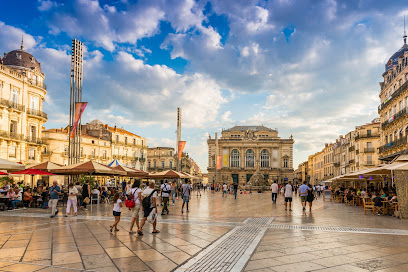
Arc de Triomphe
Discover the Arc de Triomphe in Montpellier: a stunning historical landmark that showcases the city's rich heritage and architectural beauty.
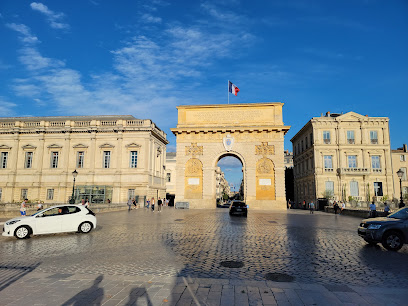
Promenade du Peyrou
Experience the beauty and history of Montpellier at Promenade du Peyrou, a stunning promenade perfect for leisurely strolls and memorable moments.
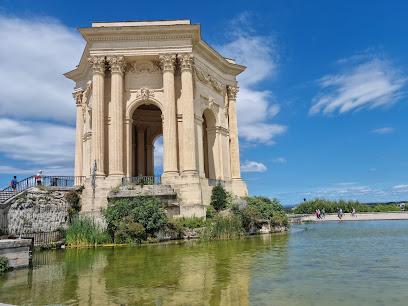
Montpellier Cathedral
Experience the stunning Gothic architecture and rich history of Montpellier Cathedral, a must-visit attraction in the heart of Montpellier, France.

La Panacée
Explore contemporary art and culture at La Panacée, Montpellier's vibrant art center for exhibitions, workshops, and relaxation.
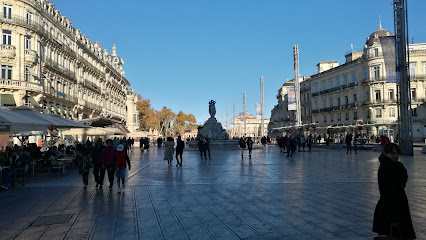
Aqueduc Saint-Clément
Explore the enchanting Aqueduc Saint-Clément in Montpellier, a historical landmark blending architectural beauty with scenic views.
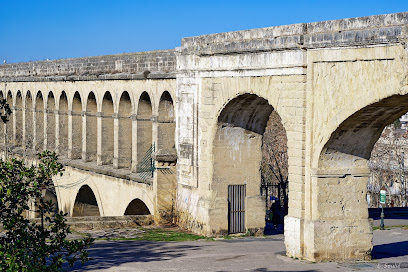
Office de Tourisme & des Congrès Montpellier Méditerranée Métropole
Experience Montpellier like a local with expert guidance from the Office de Tourisme & des Congrès Montpellier Méditerranée Métropole.
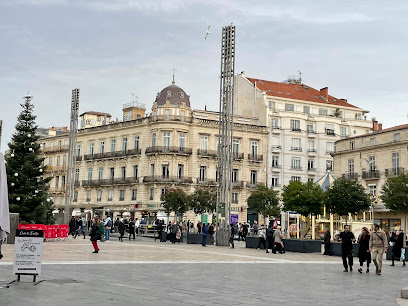
Église Saint-Roch de Montpellier
Explore the historic Église Saint-Roch de Montpellier, a serene Catholic church with stunning architecture and rich cultural heritage.
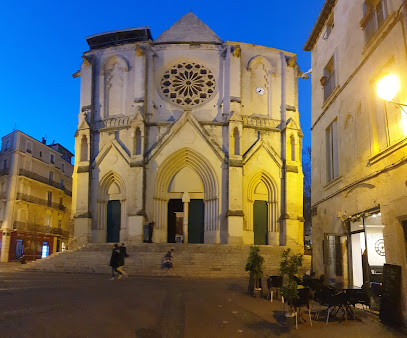
Hôtel de Ville de Montpellier
Explore the stunning Hôtel de Ville de Montpellier, a testament to the city’s architectural beauty and rich cultural heritage in the heart of Montpellier.
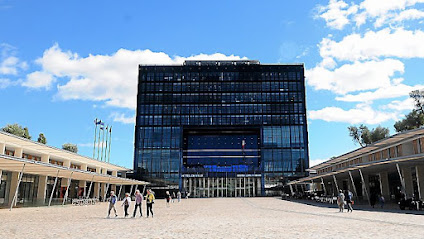
Château De Flaugergues
Explore the exquisite Château De Flaugergues in Montpellier, a historical landmark blending stunning architecture with lush vineyards and rich cultural heritage.

La Tour de la Babote
Explore the stunning La Tour de la Babote, a historic landmark in Montpellier, offering breathtaking views and a glimpse into the city's rich medieval heritage.
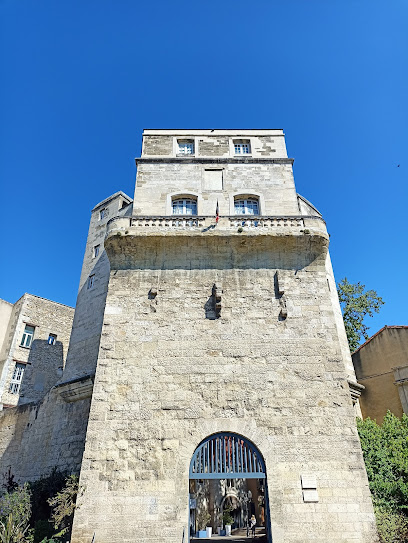
Carré Sainte Anne
Explore the enchanting Carré Sainte Anne, an art museum in Montpellier, blending contemporary art with stunning historical architecture for an unforgettable experience.
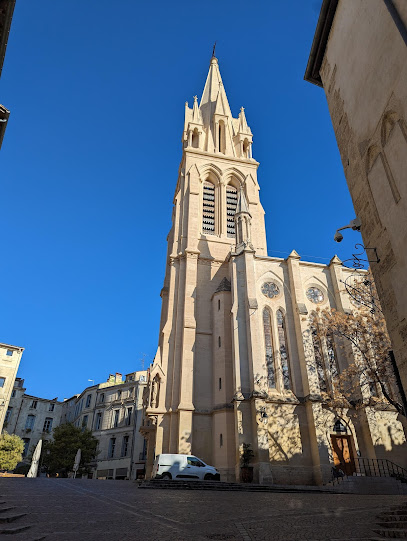
Place de La Canourgue
Discover the serene beauty and historical charm of Place de La Canourgue, a picturesque park in the heart of Montpellier, France.
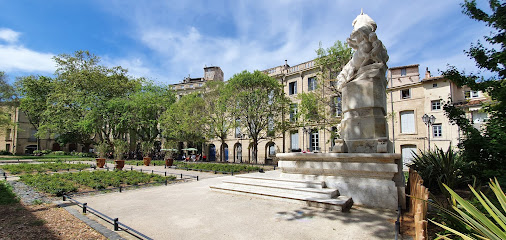
Château de l'Engarran
Discover the enchanting Château de l'Engarran, a historic vineyard in Lavérune, where exquisite wines and stunning architecture come together in a picturesque setting.
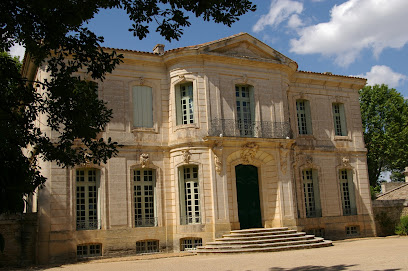
Notre-Dame des Tables Church
Discover the serene beauty and architectural splendor of Notre-Dame des Tables Church, a must-visit spiritual landmark in Montpellier, France.
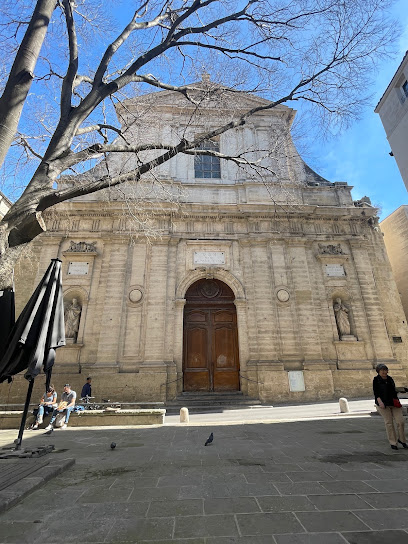
Unmissable attractions to see
Jardin de La Fontaine
Discover Nîmes' enchanting Jardin de la Fontaine: a blend of Roman history, French elegance, and serene natural beauty in one of Europe's first public gardens, a true oasis.
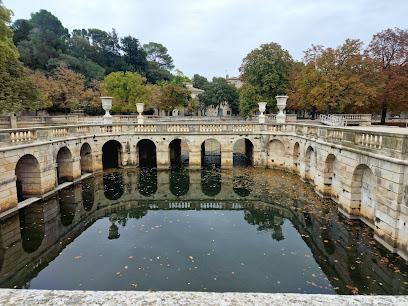
Place de la Comédie
Discover the vibrant atmosphere of Place de la Comédie, Montpellier's historical landmark filled with culture, entertainment, and scenic beauty.
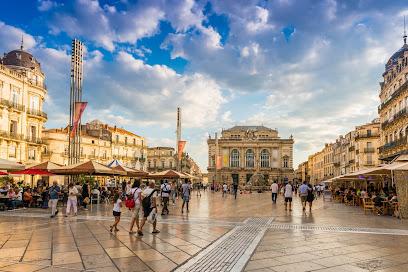
Montpellier Zoological Park
Explore Montpellier Zoological Park, a family-friendly zoo offering a diverse animal experience and a commitment to wildlife conservation in the heart of Montpellier.
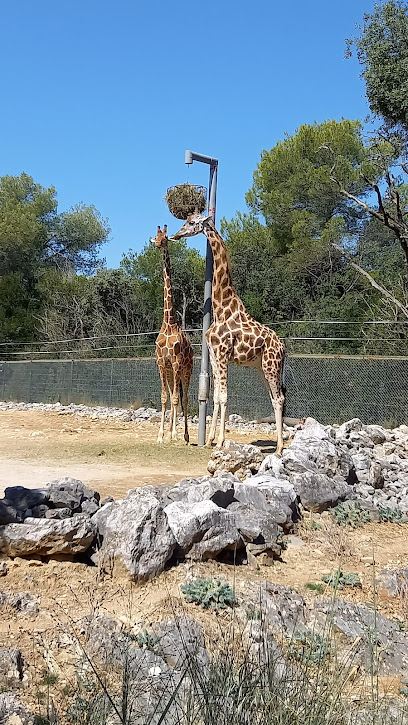
Towers and Walls of Aigues-Mortes
Experience the grandeur of the Towers and Walls of Aigues-Mortes, a historical fortress that unveils the captivating past of medieval France.
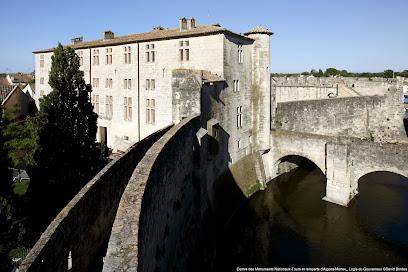
Ornithological Park of Pont de Gau
Discover the Camargue's stunning birdlife at the Ornithological Park of Pont de Gau, a protected haven for flamingos and hundreds of other species, offering an unforgettable nature experience.
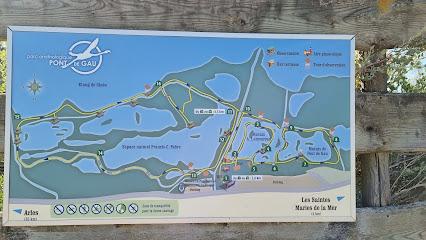
Planet Ocean World
Explore the depths of the ocean at Planet Ocean World in Montpellier, where marine life and education come together for an unforgettable experience.
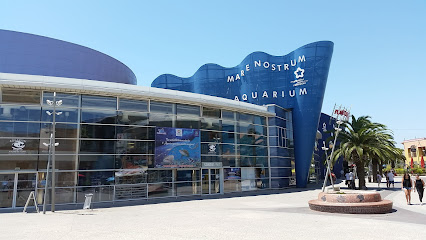
Jardin des plantes de Montpellier
Discover France's oldest botanical garden in Montpellier, a historic oasis of diverse plant life, serene landscapes, and scientific exploration since 1593.
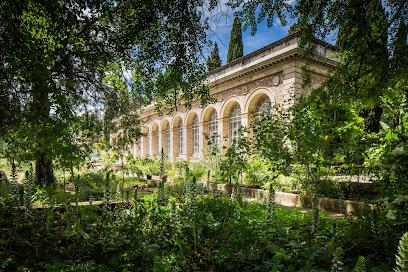
Clamouse cave
Discover the Clamouse Cave, a mesmerizing subterranean world in the Hérault Gorges, featuring stunning concretions, thrilling adventures, and a journey through millions of years of geological history.
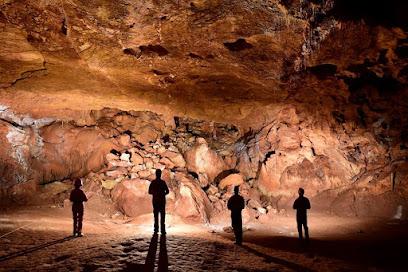
Le Pont du Diable
Discover the breathtaking beauty and rich history of Le Pont du Diable, a medieval bridge connecting stunning landscapes in southern France.
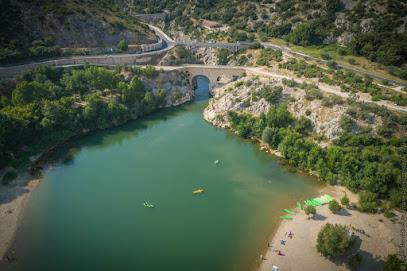
Panoramique du Mont Saint-Clair
Experience breathtaking panoramic views of Sète, the 'Venice of Languedoc,' from the summit of Mont Saint-Clair, a historic landmark offering stunning vistas of the Mediterranean and Étang de Thau.
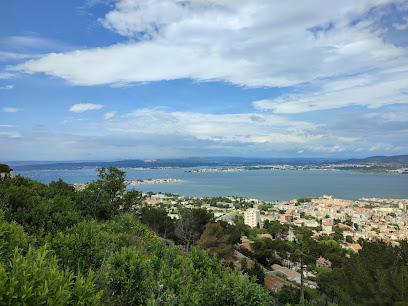
Museum Romanité
Discover 25 centuries of history at the Musée de la Romanité in Nîmes, an architectural marvel housing over 5,000 Roman artifacts and offering panoramic city views.
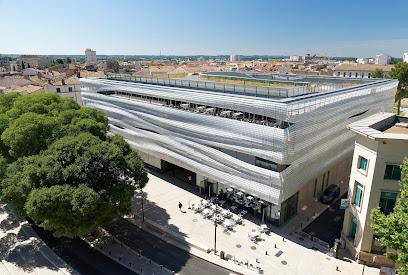
Promenade du Peyrou
Discover the serene beauty and vibrant culture of Promenade du Peyrou in Montpellier, France, where history and nature beautifully intertwine.
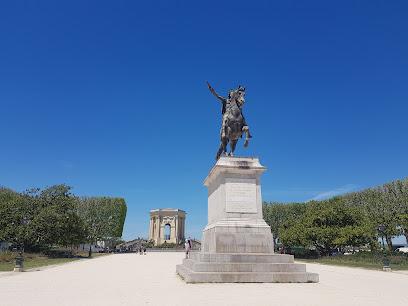
Cirque de Navacelles
Discover the breathtaking Cirque de Navacelles, a geological wonder in the heart of Occitanie, offering stunning views, hiking trails, and a glimpse into rural French life.
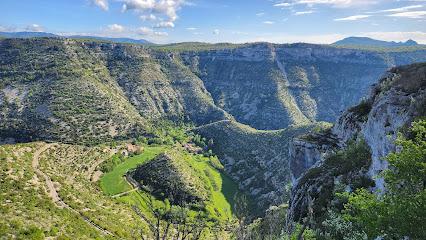
Musée Fabre
Discover centuries of European art at Musée Fabre in Montpellier, from Renaissance masterpieces to contemporary treasures, in a beautifully renovated setting.
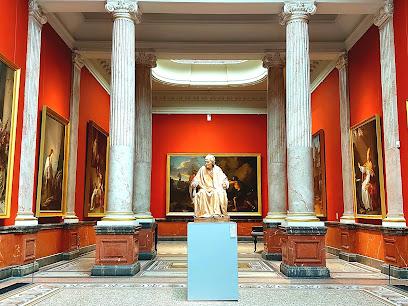
Church of Notre-Dame-de-la-Mer -
Discover the iconic Église Notre-Dame-de-la-Mer in Saintes-Maries-de-la-Mer: a historic fortified church, a pilgrimage site, and a gateway to the Camargue's soul.
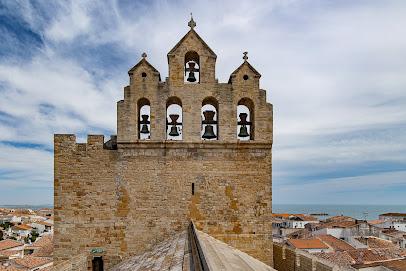
Essential places to dine
Les Fils À Maman Montpellier
Experience delightful French cuisine at Les Fils À Maman Montpellier - where traditional flavors meet modern flair in an inviting setting.
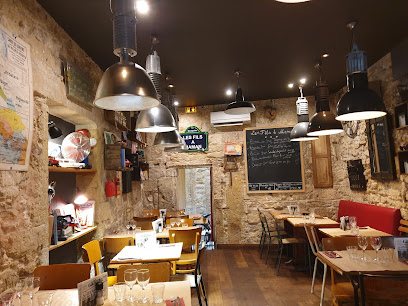
Casa Di Giorgio - Jean Jaurés Montpellier
Experience authentic Italian cuisine at Casa Di Giorgio in Montpellier - where every meal feels like a trip to Italy.
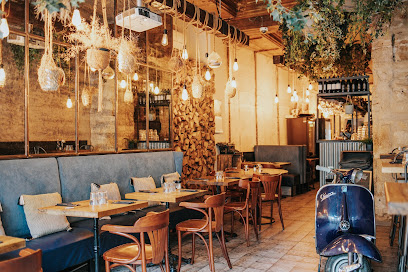
Le Petit Jardin Montpellier
Discover Le Petit Jardin in Montpellier: A charming bistro offering exquisite French cuisine amidst a picturesque garden setting.
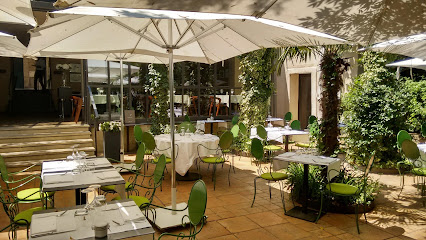
Les Bains de Montpellier
Experience exquisite French cuisine at Les Bains de Montpellier, where tradition meets modernity in an unforgettable dining setting.
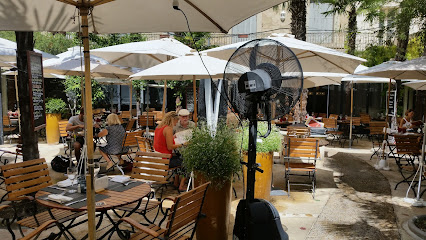
Le Paresseur Restaurant | Montpellier Centre
Experience the rich flavors of French cuisine at Le Paresseur Restaurant in Montpellier – where tradition meets modernity in every dish.
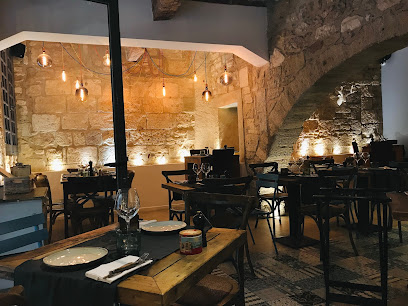
La Réserve Rimbaud
Experience culinary artistry at La Réserve Rimbaud in Montpellier – where fine dining meets local flavors in an elegant setting.
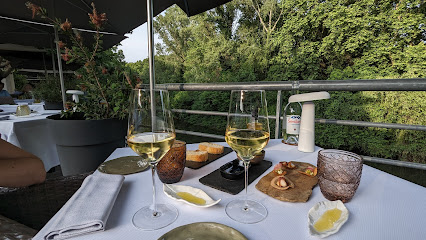
Les Casseroles en Folie
Discover the charm of French cuisine at Les Casseroles en Folie, where delicious crêpes await you in the heart of Montpellier.
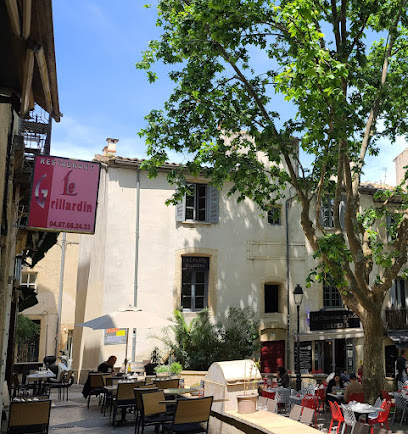
Le Verre à Soi Montpellier
Experience exquisite local cuisine and an extensive wine selection at Le Verre à Soi in Montpellier - where every meal is a celebration.
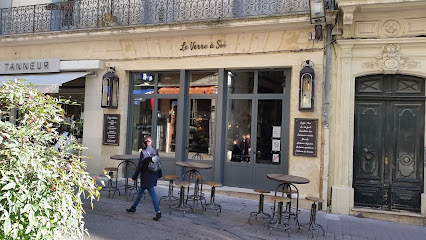
Angus & Bacchus
Experience the essence of French cuisine at Angus & Bacchus in Montpellier – where tradition meets innovation in every dish.
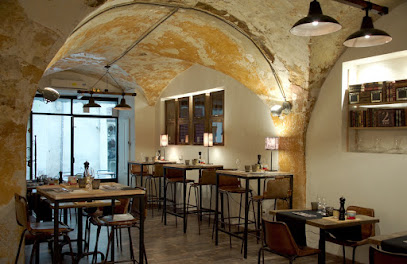
Cafe Leon
Experience authentic French cuisine at Café Léon in Montpellier - where every meal is a celebration of local flavors and culture.

Restaurant Le Grand Arbre
Experience exquisite haute French cuisine in a stunning garden setting at Montpellier's premier dining destination.
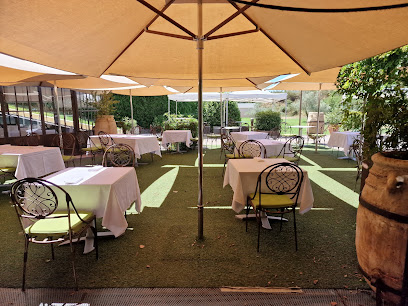
Restaurant l'Angelus
Discover exquisite French-Mediterranean cuisine at Restaurant l'Angelus in Montpellier - where every dish tells a story.
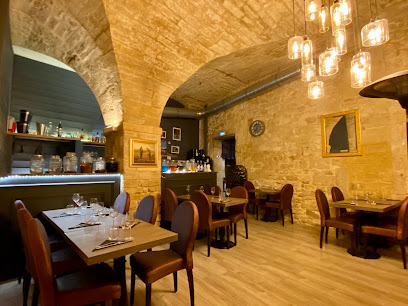
Le Couperet
Discover exquisite steak dishes at Le Couperet in Montpellier – where flavor meets comfort in an inviting atmosphere.
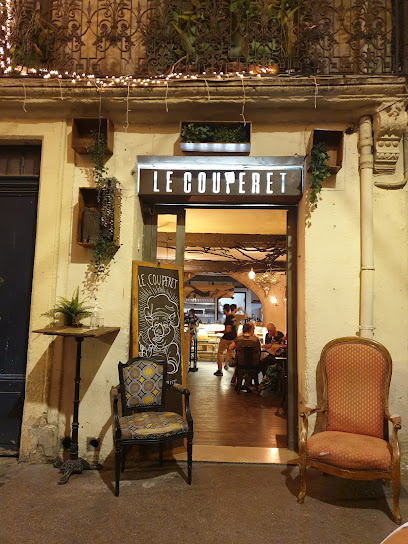
L'Alchimiste
Discover culinary excellence at L'Alchimiste in Montpellier – where innovative French cuisine meets artisanal cocktails.
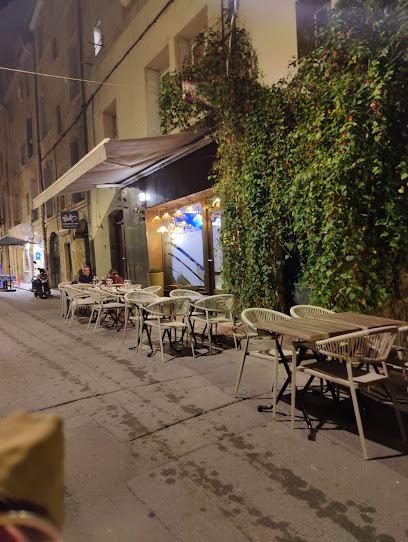
La Coquille
Experience exquisite French cuisine at La Coquille in Montpellier - where culinary art meets warm hospitality.
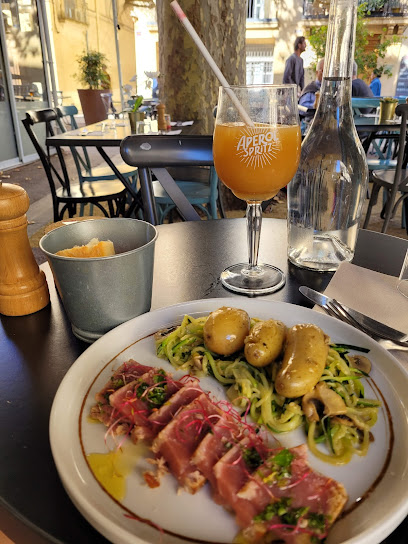
Markets, malls and hidden boutiques
Shopping Centre Odysseum
Discover the ultimate shopping and entertainment experience at Odysseum Shopping Centre in Montpellier, featuring shops, restaurants, and attractions for all ages.
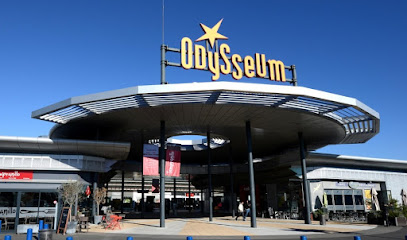
Centre Commercial Le Polygone
Explore Centre Commercial Le Polygone in Montpellier for an exceptional shopping experience with diverse stores and delightful dining options.
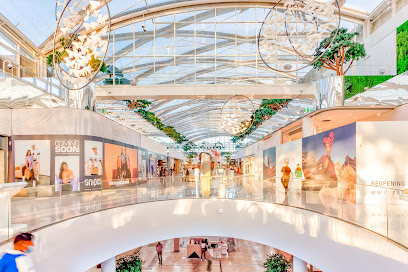
Galeries Lafayette
Explore Galeries Lafayette in Montpellier for an unparalleled shopping experience featuring fashion, beauty, and home goods in a stunning setting.
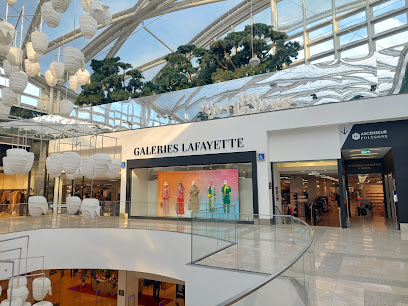
La Galerie - Géant Près d'Arènes
Experience the vibrant shopping scene at La Galerie - Géant Près d'Arènes in Montpellier, featuring diverse stores and dining options for every tourist.
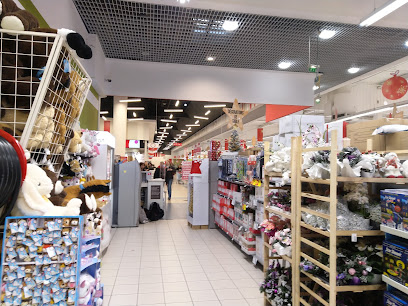
In Gaia's Eyes
Explore the enchanting world of minerals and gemstones at 'In Gaia's Eyes', a captivating rock shop in Montpellier, France.
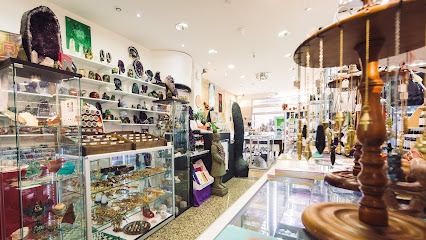
UNIQLO MONTPELLIER
Discover stylish clothing for the whole family at UNIQLO Montpellier, where quality meets affordability in a vibrant shopping environment.
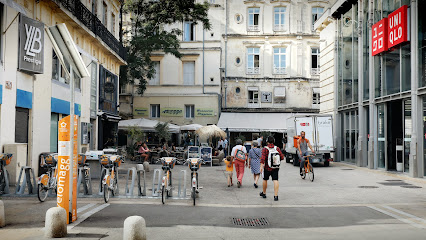
Nature and Discoveries
Discover eco-friendly gifts and nature-inspired treasures at Nature and Discoveries, a unique gift shop in Montpellier's bustling commercial center.
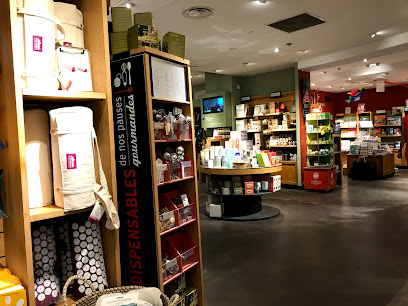
EXCALIBUR - Magasin de Jeux de Société - Montpellier
Explore Excalibur in Montpellier for an unforgettable journey into the world of board games, rare finds, and a vibrant gaming community.
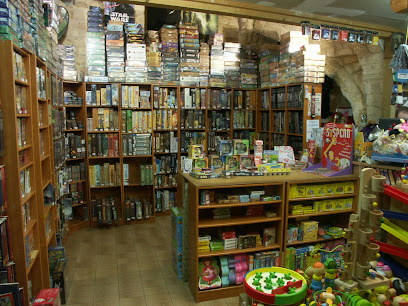
Pomme de Reinette et Pomme d'Api
Discover the magical toy store Pomme de Reinette et Pomme d'Api in Montpellier, where imagination comes alive with a delightful selection of toys for all ages.
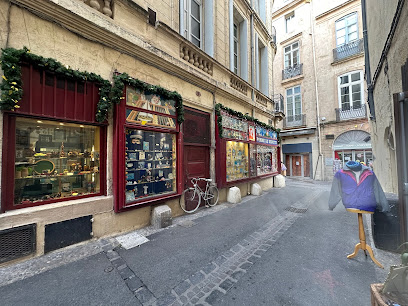
Des Filles à la Vanille
Explore the chic offerings of Des Filles à la Vanille in Montpellier, where stylish women's clothing meets unique home goods and enchanting fragrances.
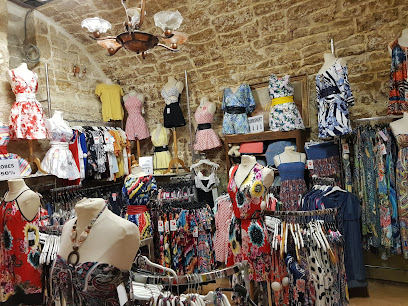
L’Atelier de la Peluche
Explore the magical world of L’Atelier de la Peluche, a unique toy store and escape room center in Montpellier, perfect for families and creative souls.
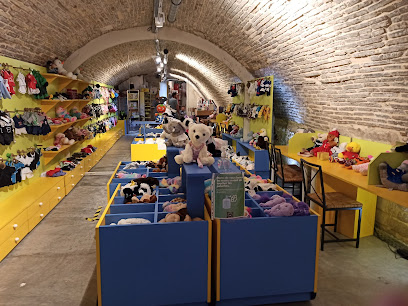
Shop Lisa
Explore Shop Lisa, Montpellier’s enchanting metaphysical supply store, offering crystals, rocks, and spiritual essentials for your journey.
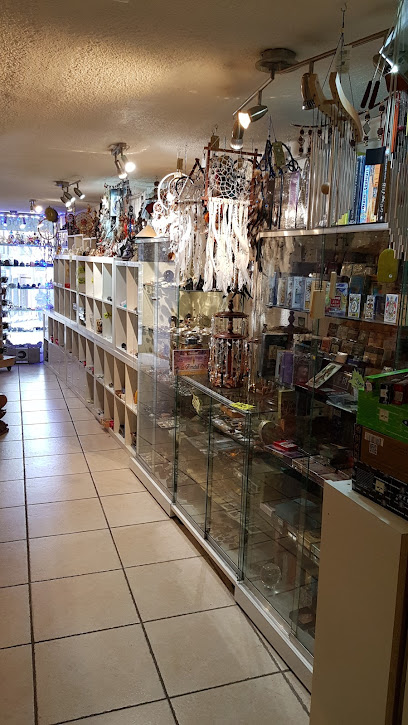
Flying Tiger Copenhagen Montpellier
Explore the whimsical world of Flying Tiger Copenhagen Montpellier, where quirky gifts and unique home goods await every visitor.
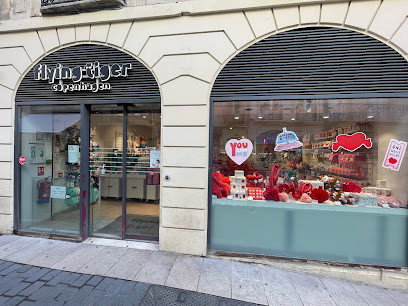
Easter Egg La petite boutique des cultures geeks
Discover the charm of Easter Egg, Montpellier's premier book store and figurine shop for all things geek culture.
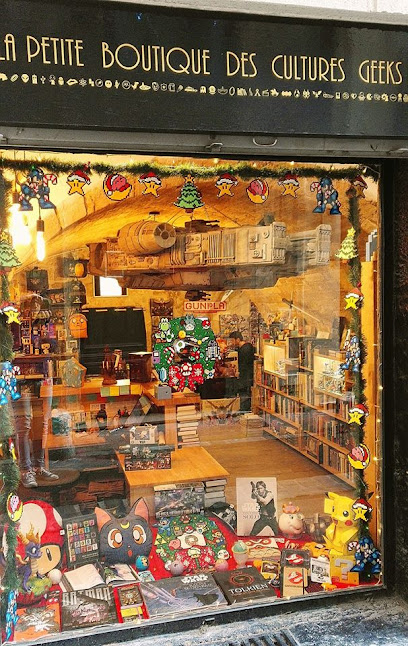
Images de Demain
Discover creativity at Images de Demain in Montpellier, a unique paper store combining art supplies, home goods, and cultural memorabilia.
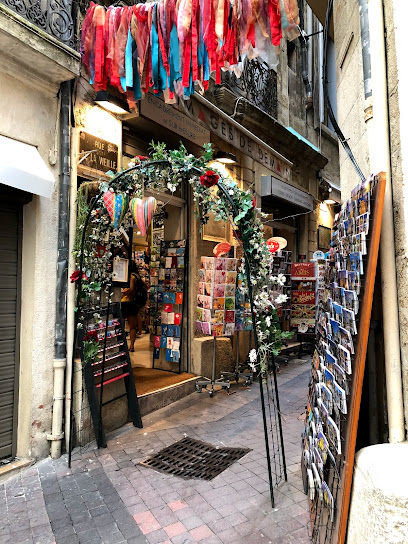
Essential bars & hidden hideouts
Fitzpatrick's Irish Pub
Experience the vibrant atmosphere of Fitzpatrick's Irish Pub in Montpellier, where authentic Irish cuisine meets a lively sports bar ambiance.
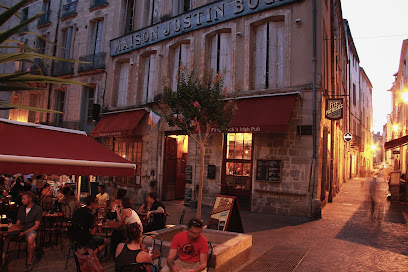
GAME TAVERNE - Bar à jeux & Cocktails
Discover the ultimate blend of gaming and cocktails at GAME TAVERNE in Montpellier, where fun and flavor come together.
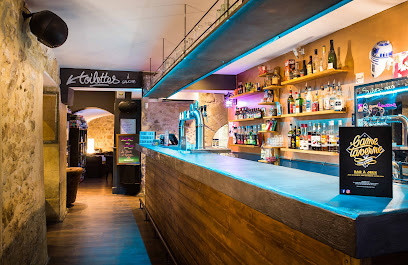
Le Petit Nice
Experience the vibrant charm of Le Petit Nice, a must-visit bar in Montpellier, where delightful drinks and a welcoming atmosphere await.
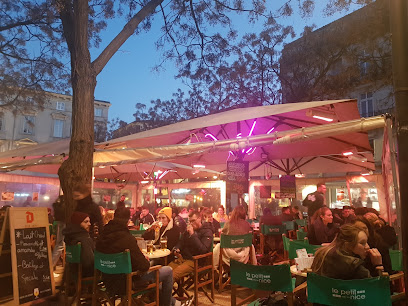
O'Carolans Irish Pub
Experience the vibrant charm of O'Carolans Irish Pub in Montpellier – where authentic Irish flavors meet lively sports and entertainment.
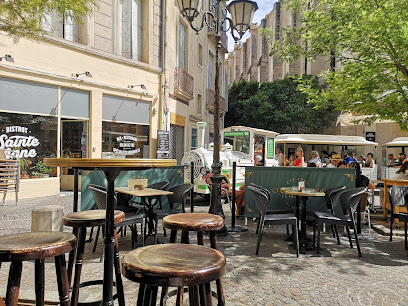
The Shakespeare
Experience a delightful blend of local flavors and cozy ambiance at The Shakespeare, a top gastropub and bar in the heart of Montpellier.
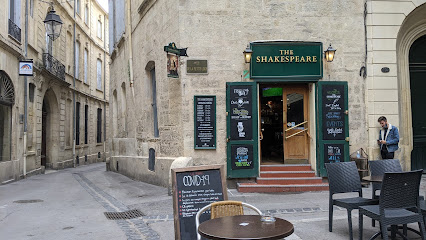
Triskell Montpellier
Experience the lively atmosphere and diverse drink selection at Triskell Montpellier, a must-visit pub in the heart of the city.
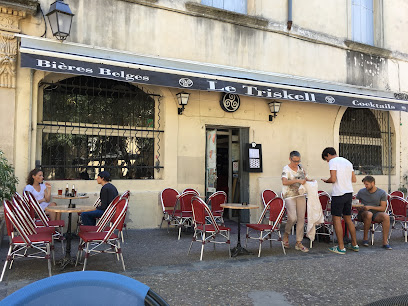
Le Tord Boyaux
Discover Le Tord Boyaux, Montpellier's vibrant bar known for craft beers, cocktails, and a lively atmosphere perfect for unwinding after a day of exploration.
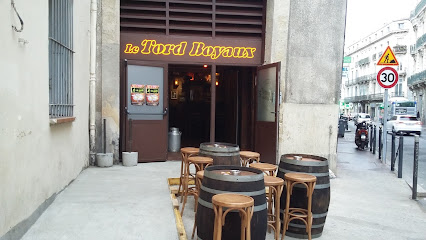
The Black Sheep
Experience the vibrant nightlife of Montpellier at The Black Sheep, a lively bar offering a fantastic drink selection and a welcoming atmosphere.
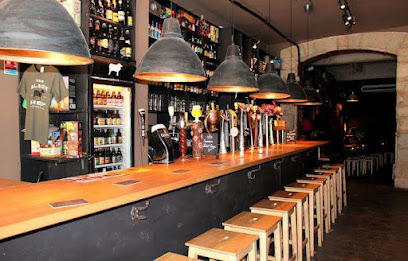
Le Rebuffy
Discover the heart of Montpellier's nightlife at Le Rebuffy Pub, where great drinks and an inviting atmosphere await travelers.
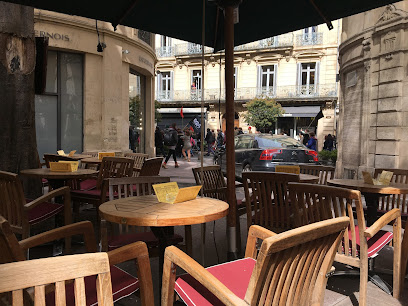
Casa Cubana Montpellier
Experience the vibrant flavors of Cuba at Casa Cubana Montpellier, where cocktails, tapas, and a lively atmosphere await you.
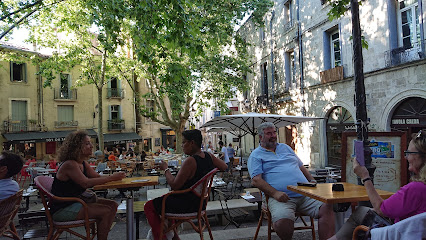
Bonsoir Cocktail Bar
Discover Bonsoir Cocktail Bar, Montpellier's premier destination for exquisite cocktails and vibrant nightlife.
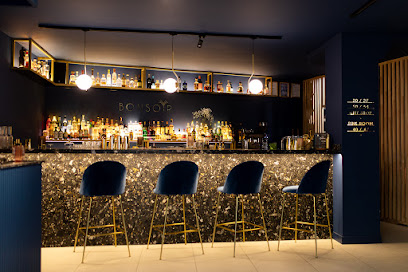
LA RAFFINERIE
Discover La Raffinerie, a vibrant bar in Montpellier, offering creative cocktails and a lively atmosphere perfect for unwinding and socializing.
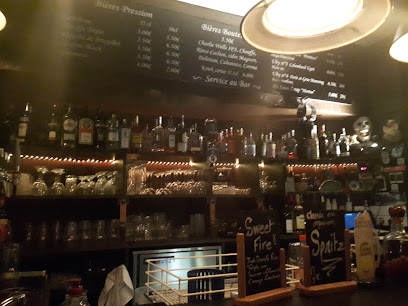
Le Clandestin
Experience the intimate charm of Le Clandestin, Montpellier's premier wine bar offering exquisite selections and a cozy atmosphere for every wine lover.
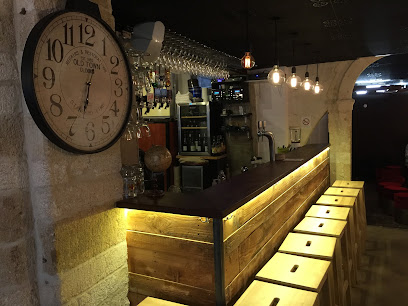
Los Parigos
Discover Los Parigos: A lively bar in the heart of Montpellier, perfect for enjoying cocktails and local ambiance.
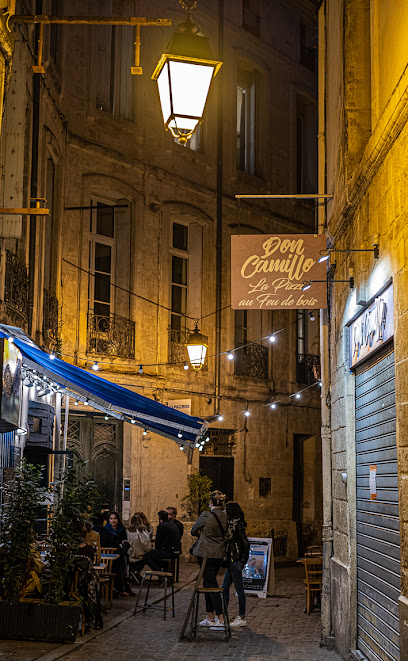
Local Phrases
-
- HelloBonjour
[bohn-zhoor] - GoodbyeAu revoir
[oh ruh-vwahr] - YesOui
[wee] - NoNon
[nohn] - Please/You're welcomeS'il vous plaît / De rien
[seel voo pleh / duh ryen] - Thank youMerci
[mehr-see] - Excuse me/SorryExcusez-moi / Désolé
[ehk-skyoo-zay mwah / day-zoh-lay] - How are you?Comment ça va?
[koh-mohn sah vah] - Fine. And you?Bien. Et vous?
[byen. ay voo] - Do you speak English?Parlez-vous anglais?
[par-lay voo ahn-glay] - I don't understandJe ne comprends pas
[zhuh nuh kohm-prahnd pah]
- HelloBonjour
-
- I'd like to see the menu, pleaseJe voudrais voir la carte, s'il vous plaît
[zhuh voo-dray vwahr lah kart, seel voo pleh] - I don't eat meatJe ne mange pas de viande
[zhuh nuh mahnj pah duh vee-and] - Cheers!Santé!
[sahn-tay] - I would like to pay, pleaseJe voudrais payer, s'il vous plaît
[zhuh voo-dray pay-ay, seel voo pleh]
- I'd like to see the menu, pleaseJe voudrais voir la carte, s'il vous plaît
-
- Help!À l'aide!
[ah layd] - Go away!Va-t-en!
[vah tahng] - Call the Police!Appelez la police!
[ah-pay-lay lah poh-lees] - Call a doctor!Appelez un médecin!
[ah-pay-lay uh mayd-sahn] - I'm lostJe suis perdu
[zhuh swee pair-doo] - I'm illJe suis malade
[zhuh swee mah-lahd]
- Help!À l'aide!
-
- I'd like to buy...Je voudrais acheter...
[zhuh voo-dray zah-shay] - I'm just lookingJe regarde juste
[zhuh ruh-gahrd zhuhst] - How much is it?Combien ça coûte?
[kohm-byen sah koot] - That's too expensiveC'est trop cher
[say troh shair] - Can you lower the price?Pouvez-vous baisser le prix?
[poo-vay voo bay-say luh pree]
- I'd like to buy...Je voudrais acheter...
-
- What time is it?Quelle heure est-il?
[kell uhr ay eel] - It's one o'clockIl est une heure
[eel ay oon uhr] - Half past (10)Dix heures et demi
[dees uhr ay dem-ee] - MorningMatin
[mah-tahn] - AfternoonAprès-midi
[ah-pray mee-dee] - EveningSoir
[swahr] - YesterdayHier
[yehr] - TodayAujourd'hui
[oh-zhoor-dwee] - TomorrowDemain
[duh-mahn] - 1Un
[uhn] - 2Deux
[duh] - 3Trois
[twah] - 4Quatre
[katr] - 5Cinq
[sank] - 6Six
[sees] - 7Sept
[set] - 8Huit
[weet] - 9Neuf
[nurf] - 10Dix
[dees]
- What time is it?Quelle heure est-il?
-
- Where's a/the...?Où est...?
[oo ay] - What's the address?Quelle est l'adresse?
[kell ay lah-dress] - Can you show me (on the map)?Pouvez-vous me montrer (sur la carte)?
[poo-vay voo muh mohn-tray (sir lah kart)] - When's the next (bus)?Quand est le prochain (bus)?
[kahn ay luh proh-shahn (boos)] - A ticket (to ....)Un billet (pour ....)
[uhn bee-yay (poor)]
- Where's a/the...?Où est...?
History of Montpellier
-
Montpellier was founded in the late 10th century by the Counts of Toulouse, making it a relatively young city compared to other French cities. The strategic location between the Rhône River and the Pyrenees helped it grow quickly as a center of commerce and trade.
-
During the 12th and 13th centuries, Montpellier flourished as a prominent trading hub, particularly known for its fairs and markets. The city became a melting pot of cultures and religions, including Christians, Jews, and Muslims, which contributed to its rich cultural tapestry.
-
Founded in 1220, the University of Montpellier is one of the oldest universities in the world. It quickly gained a reputation for excellence in medicine, law, and the arts, attracting scholars and students from across Europe.
-
Like many European cities, Montpellier was severely affected by the Black Death in the 14th century. The population suffered heavy losses, but the city managed to recover and continued to thrive in the following centuries.
-
In the 16th century, Montpellier became a stronghold for the Huguenots (French Protestants) during the French Wars of Religion. The city was a center of Protestant resistance until the Edict of Nantes in 1598, which granted religious tolerance.
-
In 1622, King Louis XIII laid siege to Montpellier during the Huguenot Rebellions. The city held out for two months before surrendering, which led to the dismantling of its fortifications and the construction of the citadel to ensure royal control.
-
The 18th century saw Montpellier embrace the intellectual and cultural movements of the Enlightenment. The city became a hub for scientific research and intellectual discourse, particularly in the fields of medicine and botany.
-
The 19th century brought significant modernization to Montpellier. The arrival of the railway in 1839 spurred economic growth, and the city expanded with new neighborhoods, public buildings, and infrastructure projects.
-
During World War II, Montpellier was initially part of the Vichy regime's Free Zone. However, it was occupied by German forces in 1942. The city played a role in the French Resistance, with many locals participating in clandestine activities against the occupiers.
-
After World War II, Montpellier experienced rapid growth and urban development. The establishment of new universities and research institutions in the 1960s and 1970s bolstered its reputation as a center of education and innovation.
-
In recent decades, Montpellier has undergone a cultural renaissance. The city has invested heavily in the arts, with new museums, theaters, and cultural festivals. The historic center has been revitalized, blending its rich history with modern urban living.
Montpellier Essentials
-
Montpellier is well-connected by air, rail, and road. The nearest airport is Montpellier-Méditerranée Airport (MPL), which is about 7 kilometers from the city center. From the airport, you can take a taxi, shuttle bus, or rent a car to reach the city. Montpellier is also served by high-speed trains (TGV) from Paris, Lyon, and other major French cities. The main train station is Montpellier Saint-Roch, located in the city center. For those driving, Montpellier is accessible via the A9 and A75 motorways.
-
Montpellier has an efficient public transportation system, including trams and buses operated by TaM (Transports de l'Agglomération de Montpellier). The tram network consists of four lines that cover most of the city and its suburbs. Buses complement the tram lines and reach areas not served by trams. Tickets can be purchased at tram stops, online, or via mobile apps. Taxis and ride-sharing services are also available. For a more leisurely way to explore the city, consider renting a bike from the many bike-sharing stations.
-
The official currency in France is the Euro (EUR). Credit and debit cards are widely accepted in most hotels, restaurants, and shops. However, it is advisable to carry some cash for smaller establishments or markets. ATMs are plentiful throughout the city, and many banks offer currency exchange services. Contactless payment methods are also becoming increasingly popular.
-
Montpellier is generally a safe city for tourists, but it's important to remain vigilant. Petty crimes like pickpocketing can occur, especially in crowded areas such as Place de la Comédie and train stations. Avoid walking alone at night in poorly lit areas, and always keep an eye on your belongings. Some neighborhoods, like La Paillade, have higher crime rates and are best avoided after dark.
-
In case of emergency, dial 112 for immediate assistance, which is the EU-wide emergency number. Montpellier has several hospitals, including Hôpital Lapeyronie and Clinique du Millénaire, which offer medical services. Pharmacies are plentiful and can provide over-the-counter medications. It's recommended to have travel insurance that covers medical emergencies. For non-medical emergencies, the local police and fire services are reliable and responsive.
-
Fashion: Do dress stylishly but comfortably. Avoid overly casual attire, especially when dining out or visiting cultural sites. Religion: Do respect local customs in religious places. Cover your shoulders and knees when visiting churches. Public Transport: Do validate your ticket before boarding trams or buses. Don't eat or drink on public transport. Greetings: Do greet people with a 'Bonjour' (good day) and a handshake. It's customary to say 'Merci' (thank you) when leaving a shop or restaurant. Eating & Drinking: Do try local specialties like oysters, Camargue beef, and various wines. Don't rush your meals; dining is a leisurely activity in France.
-
To experience Montpellier like a local, visit the Marché des Arceaux, a popular farmers' market held on Tuesdays and Saturdays. Enjoy a leisurely stroll through the historic Écusson district, filled with narrow streets, boutiques, and cafes. Try to catch a performance or an event at the Opéra Comédie. For a unique experience, take a walk or bike ride along the banks of the Lez River. Engage with locals in French; even basic phrases are appreciated and can enhance your experience.
Trending Landmark in Montpellier
-
Place de la Comédie
-
Arc de Triomphe
-
Promenade du Peyrou
-
Montpellier Cathedral
-
La Panacée
-
Aqueduc Saint-Clément
-
Office de Tourisme & des Congrès Montpellier Méditerranée Métropole
-
Église Saint-Roch de Montpellier
-
Hôtel de Ville de Montpellier
-
Château De Flaugergues
-
La Tour de la Babote
-
Carré Sainte Anne
-
Place de La Canourgue
-
Château de l'Engarran
-
Notre-Dame des Tables Church
Nearby Cities to Montpellier
-
Things To Do in Nîmes
-
Things To Do in Avignon
-
Things To Do in Marseille
-
Things To Do in Aix-en-Provence
-
Things To Do in Toulouse
-
Things To Do in Girona
-
Things To Do in Pas de la Casa
-
Things To Do in Soldeu
-
Things To Do in Canillo
-
Things To Do in El Serrat
-
Things To Do in Ordino
-
Things To Do in Encamp
-
Things To Do in La Massana
-
Things To Do in Escaldes-Engordany
-
Things To Do in Arinsal



















